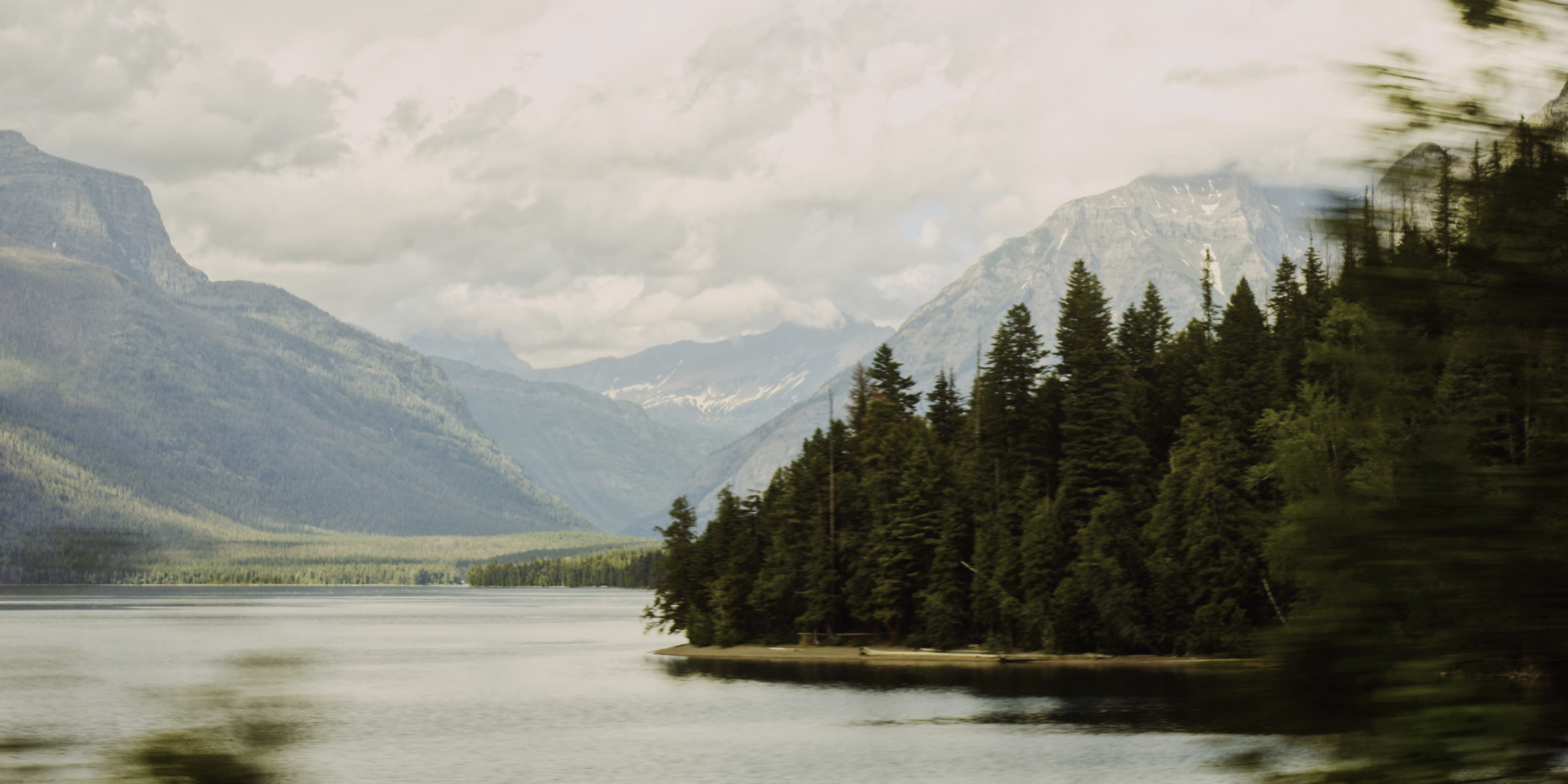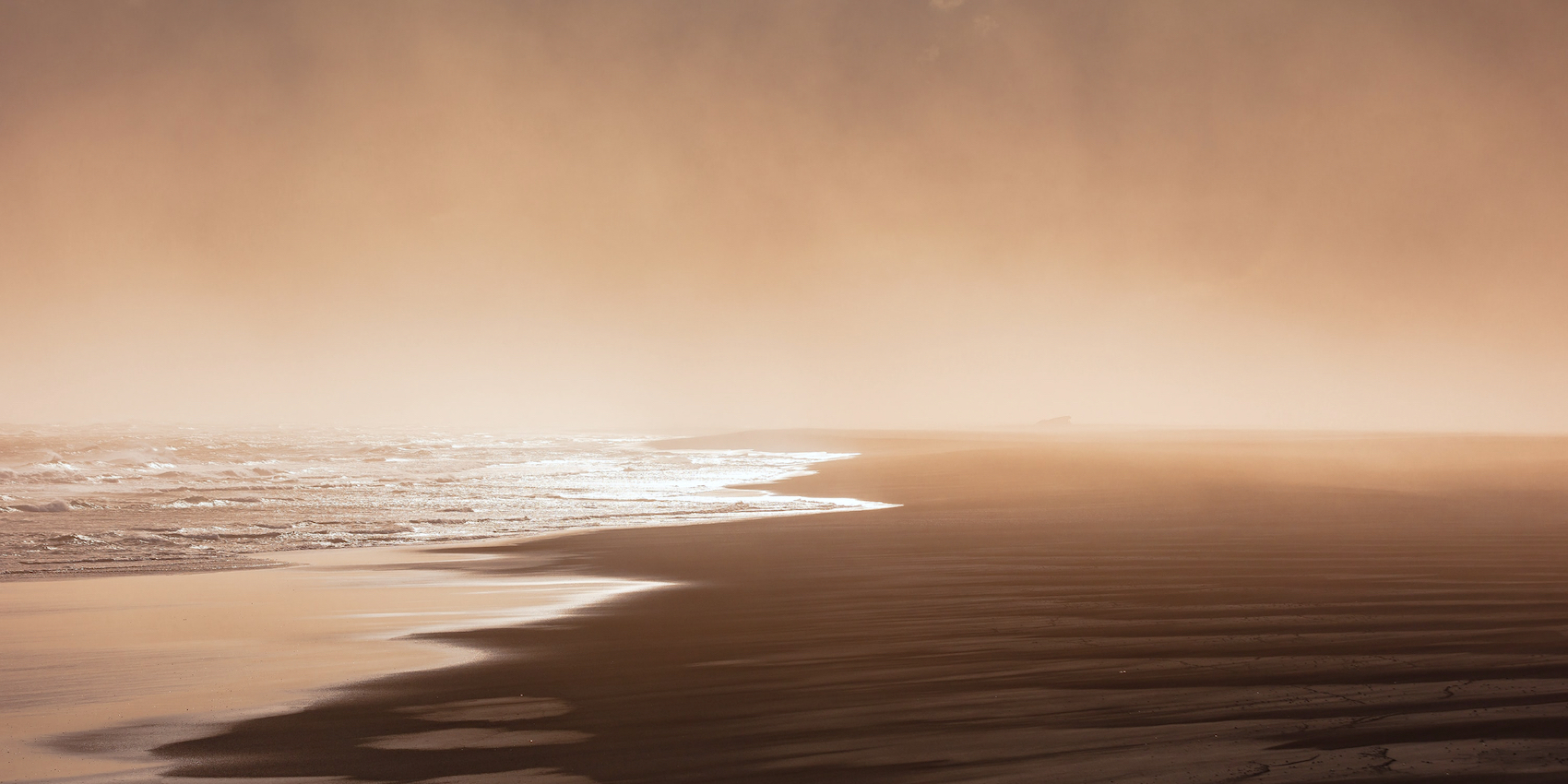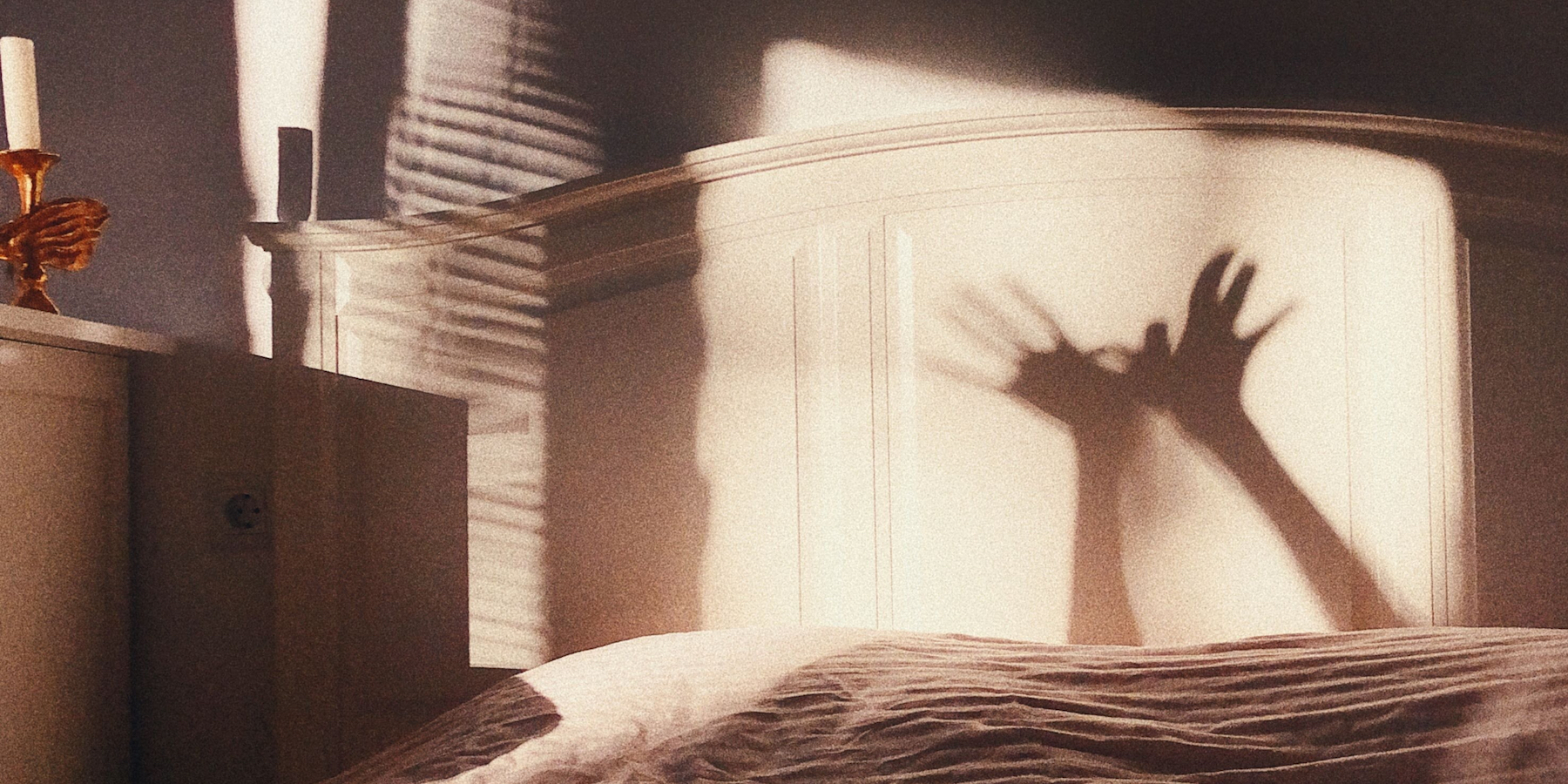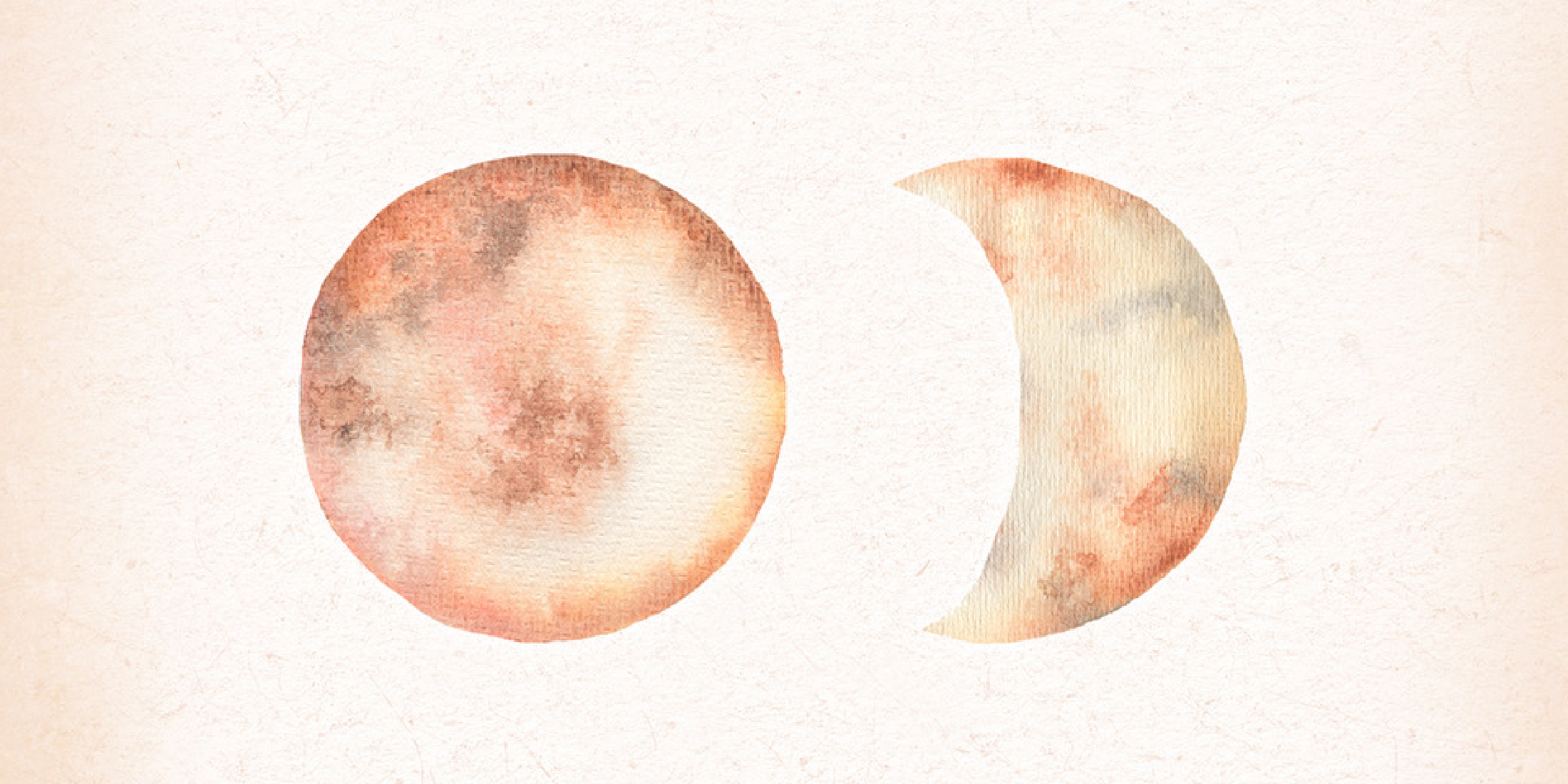I recently deleted the Facebook and Instagram apps from my phone.
It was a Sunday morning and there was ice on the road—a rarity where I live in southern England. I had just pulled my car into a space near the community centre where I used to teach an early yoga class (back in the days before the pandemic) and I thought about the sensation of crunching ice under the tires—something reminiscent of my upbringing in northern Michigan. When I got out of the car, I felt the cold brush my cheeks and I heard birds singing, their song occasionally muted by pockets of wind whipping across the nearby river. I felt nostalgic… and then horrified. How long had it been since I stepped into or out of my car with any kind of presence? When was the last time I stood outside like this, fully in the moment—present with all of my senses?
Lost In Two Worlds
Like so many people, my daily existence is rushed in such a way that I feel guilty when I have time to relax. My planner is full of tasks for each day—many of which often get pushed to the following day as one day is rarely enough to accomplish all that exists on my to-do list… and yet, until recently, I felt that I had time for social media to remain a tap away—to take photos by the river for yoga advertising and then post them with appropriate filters and hashtags. Too often, it seems that when I was in a moment that could be considered beautiful, playful, love-filled or even serene, I suddenly felt the need to share it with others—and in doing so, took myself out of that moment, and put myself in a virtual world in which I adjusted the reality by playing with brightness and sharpness settings, literally adjusting the past.
That Sunday morning, standing outside my car listening to the wind and the birds and smelling the cold, it became painfully apparent to me that like so many others, I had become lost in two worlds: in my real world, which had become so busy that I was missing it, and in that virtual world, which spends all of its time mimicking and altering that real world. I was reminded of my initial resistance to smartphones and the way in which technology was quickly encroaching on every aspect of life (including following us into the bathroom—boredom-busting any possible solitary moment).
Read more: In another essay, Julie shares how practicing presence and surrender can offer healing from that suffering.
Seeing Through Filters
To say that it was only the birds and the unusual cold of that morning that caused me to remove social media apps from my phone would only be offering a partial truth though.
For weeks, I noticed that I often felt down after looking at Instagram. I’d see photos of rock-hard abs or convoluted yoga poses that left me wondering how someone got into or out of them, and I would feel inadequate. I’d see images of friends and colleagues with advertisements for online weekend retreats or photos of literary successes, and I would doubt myself. How can I ever live up to this? And underpinning this question was the eternal, often subconscious question: How can I ever fully validate my existence, this bizarre gift of life?
When I told my partner about the recognition of my feelings, he said, “Do you know how many people must have looked at our lives and felt exactly the same way?” He was completely right; from the outside, we have lived very glamorous lives, full of travel and work that genuinely fulfils us. We feel grateful every day; yet, social media doesn’t show the insecurities, the legalities, the struggles to maintain a liveable income while pursuing fulfilling work. The desire to take snapshots of light-filled moments exists because so much of the time is not light-filled, but busy-filled with emails, voicemails, invoices, the chasing of invoices, hours spent in front of laptops, worries about all the usual in life—from the dog’s surgery, to the fence threatening to fall, to whether or not we’ll ever have time to do it all.
Realizing that I was possibly displaying a filtered life that made others question their own affected me even more than my own insecurities. It led me to the question of intention: why am I posting these photos? Why does it matter if people like them or not? Of course, photos of my animals seem relatively benign, but what about travel photos, selfies or yoga poses? Looking at a specific photo: what was my intention posting a photo of me on a boat off the Amalfi Coast?
Read more: Learn how to set healthy boundaries with social media when experiencing phone-induced anxiety.
Life Is Not A Rehearsal
If I look deeply and honestly into myself, I can see that it goes beyond the fact that it was a pretty picture. It goes straight to the heart of social media— that searching for validation outside of oneself. Having grown up somewhat rurally and having been bullied about my appearance as a child, pictures like this seemingly scream to tormentors from decades past, “I am worthy! I am worthy!” They allow the ego to rest in its fragile, artificial world, and to literally put one’s best face forward.
This life is not a rehearsal, and while social media seemingly puts us at center stage, it paradoxically takes us away from the moments which we snap up and the loved ones with whom we snap them. We relive a quickly filtered past while ignoring the present and then live in others’ filtered pasts, as well. How many videos of concerts have been uploaded exposing hundreds of people holding up their smartphones, taking videos of the concert, themselves seeing the concert virtually rather than living it in real time? We are literally simulating life, and yet again, this life is not a rehearsal. Regardless of spiritual beliefs, this is the only time each of us will be in our current physical forms on this planet at this time. Realizing this, it feels absurd that so much time is spent insisting to others that we’re having a good time in this life. Really. We are. Promise.
Yet, knowing all of this, I didn’t go so far as to delete my accounts entirely. Living oceans apart from some of my favorite people on this planet has often meant that social media acts as a connective thread across time zones. I am more likely to know if someone has moved or had a baby or if I can support their career in some way because social media tells me before they do personally. I can keep up with people’s adventures and achievements and cheer them on when times are tough. In no way am I suggesting that social media is all bad. Social media has the capacity for great connection, but unfortunately, as noted, it also has the capacity for great disconnection—for a disassociation from our own realities and from the true realities of others.
How To Stay Present When Entering The Virtual World
So, it seems that like most things, there is a balance and an inquiry required when approaching our virtual worlds. Our intentions do matter: one should seemingly approach the virtual world with the same inquiry one might approach a yoga practice. How can we remain present to our lives? And if we’re living in a constant state of busy-ness and needing of validation, how do we pull back and begin the inner work that heals rather than ameliorates with filters and clicks.
In addition, we must ask tough questions, witnessing our ego, insecurities and patterns: what is the intention of posting a status or a photo? What do we gain through the comments or the likes? Sharing our world with others is literally the essence of life, yet what are we accomplishing by only sharing filtered versions of that world? For whom are we living?
Read more: Explore in-depth tools to maintain present moment awareness in a social media-rich world.
The hilarity of this essay is that the first thing I will do when it is published is share it to social media, and for those with whom it resonates, they will share it too. Yet, it’s my hope not that you click “Like” after reading the content, but that you turn off your browser or app and stand outside and be present to your own world again, just as it is. Or that you share a private moment with yourself or a loved one and tell no one about it and relish in it.







